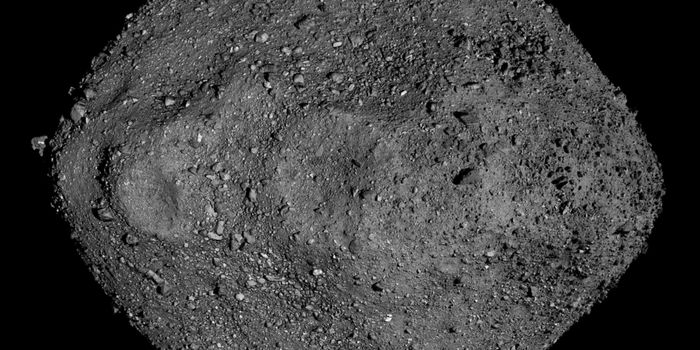Virgin Orbit Wants to Launch Space Rockets From 747 Jets
Entities from all around the world, be it companies or government space agencies, are continuously innovating in an attempt to make space rocket launches as efficient and reliable as possible. One of the apparent goals in doing so is to reduce the cost of spaceflight altogether, as it would open the door for new scientific opportunities, as well as the potential for novel economic endeavors.
Image Credit: Virgin Orbit
Commercial space company SpaceX put a substantial dent in the cost of spaceflight when it developed and fine-tuned reusable rocket technology, allowing the company to get its money’s worth out of each rocket launch time and time again. Later, startups like Electron Rocket came about, promising to reduce the cost of space travel for tinier satellites by launching them with a smaller rocket that didn’t consume as much fuel.
All wonderful ideas… but Virgin Orbit, a subsidiary of the Virgin airliner company, intends to take a different approach that involves lofting a smaller rocket and its ~500kg cargo to cruise altitude with a Boeing 747 jet before releasing the rocket and igniting its engines.
The concept of launching space rockets from airplanes isn’t new, and three years ago, China’s space agency considered implementing this very same concept. It just so happens that Virgin has a lot of large jets at its disposal, and it plans to use them for monetization purposes that will benefit the space industry in a plethora of ways.
So how will this work? In a nutshell, a special Boeing 747 jet with a miniature rocket launch system embedded under its left wing will fly to around 35,000 feet in the air. Once ready, the pilot can initiate the launch sequence, tilt the airplane 35º in the air, and drop the rocket, after which the rocket’s engines will ignite and carry itself the rest of the way into space.
It seems like a difficult and unnecessary maneuver at first glance, but it’s actually particularly clever. Jet fuel is a good amount cheaper than rocket fuel, and after the jet does most of the heavy lifting, it’s smooth sailing the rest of the way into outer space. This method effectively eliminates all the drag of the Earth’s thick atmosphere below 35,000 feet.
Obviously, this launch method wouldn’t work for larger satellites, as these launches require massive rockets that are much too large to strap to an airplane’s wing. On the other hand, the sudden surge in the number of CubeSats and SmallSats small enough to ride on smaller rockets like the one supplied by Virgin Orbit could see launch cost savings and avoid having to shack up with larger payloads on larger rockets to split the cost.
Related: SmallSats could make space exploration more tangible
Virgin Orbit’s concept has already attracted some attention. The company was recently awarded a $35M contract from the United States Space Force to conduct 44 small satellite launches spanned over a period of time, and it’s poised to perform its first Demo launch this week. The first window of opportunity opened yesterday, but a sensor issue unfortunately postponed the launch. The next window of opportunity for launch opens today (Monday, May 25th) between 10:00 A.M. and 2:00 P.M. Pacific time.
Whatever the outcome of the Demo launch might be, this seems like an exciting way to move the space industry forward as demand for smaller, lower-cost satellites increases.
Source: Virgin Orbit via Seeker









